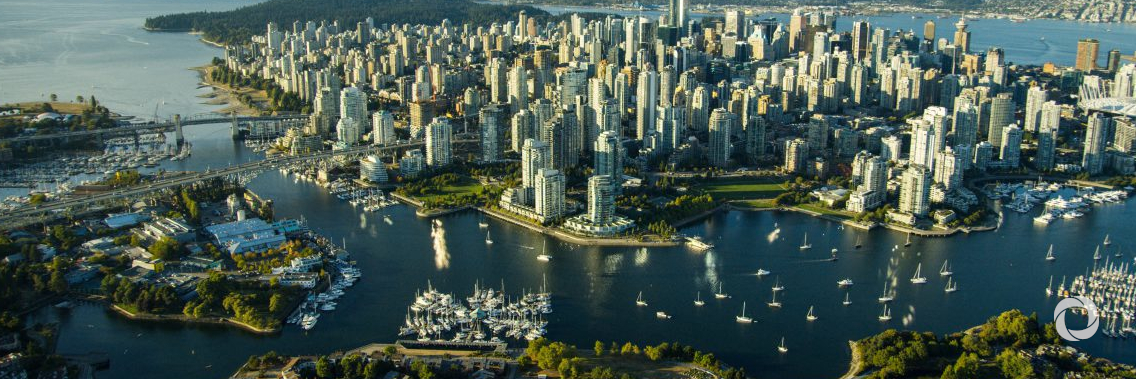Responsible for two-thirds of the world’s carbon emissions and facing rapid urbanization, cities are embracing new and innovative solutions to meet climate and development objectives. Vancouver, Canada’s third largest city, is leading this urban energy transformation by committing itself to 100% renewables by 2050 through an ambitious, well-defined roadmap that unifies different sectors, stakeholders and communities under its vision for a sustainable, carbon-free future.
IRENA, in collaboration with ICLEI and the German Agency for International Cooperation (GIZ), examined Vancouver’s Renewable City Strategy in a recent case study, showcasing how bringing together different stakeholders and unifying their outlook is critical for cities to succeed with ambitious renewable energy goals.
With 69% of its energy sourced from fossil fuels, half of which is used to heat buildings, Vancouver’s Renewable City Strategy – in conjunction with the Zero Emissions Building Plan – aims to reduce 70% of emissions from new buildings by 2020, 90% by 2025 and 100% by 2030, phasing in changes to building standards that allow the construction industry to adapt over time. Twenty of the 75 largest greenhouse gas (GHG)-emitting municipal buildings will be retrofitted to a zero emissions standard over the next 25 years. This measure will contribute 20% of the GHG emissions reductions required to make all municipal buildings carbon neutral by 2040.
To reach its sustainability goals, Vancouver is also targeting the other major emitter of carbon in cities – transportation. Three of its Renewable City Strategy priorities are focused on increasing the use of renewable transportation options, reducing motorized transportation demand and the increasing supply of renewable transportation fuels. Even though the city has limited jurisdiction over automobile standards, Vancouver has already taken steps to encourage the uptake of electric vehicles (EV).
With great progress already being made, Vancouver is leading the urban energy transformation. In addition to ongoing efforts at eliminating its own emissions, the city is accelerating the decarbonisation of the global economy by providing examples of success that other cities can learn from, encouraging them to take on ambitious climate targets of their own.
On May 27, the city will host Ministers from over 25 countries for the 10th Clean Energy Ministerial (CEM10) and 4th Mission Innovation (MI-4) in order to promote clean energy policy, technology and innovation globally.
Original source: IRENA
Published on 26 May 2019

